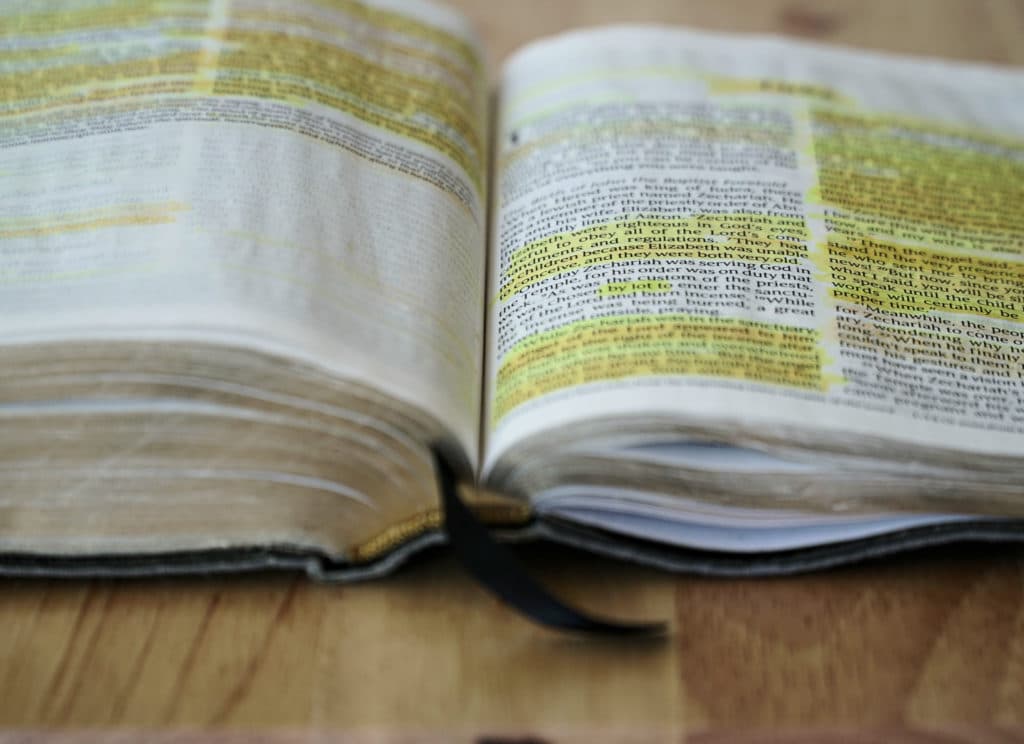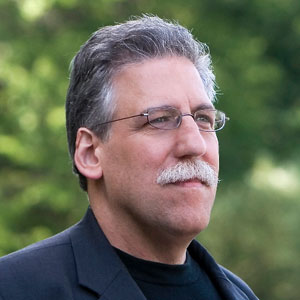Was Jesus Jewish?
Did you know that Jesus did not come into the world to establish a new religion called Christianity? Rather, He came to fulfill what Moses and the prophets wrote. He had a thoroughly Jewish calling. After all, Jesus was Jewish.
It may seem like an irrelevant detail, but in fact, it is an inherent part of who He was and how He lived. Once we understand the context of His life on earth, a lot more things will become clearer.
Did you know that His name was not pronounced “Jesus”? His Hebrew name was Yeshua! And even his mother’s name was different from what you probably know – her name was Miriam.
Jesus’ First Followers Were Jewish
Let us never forget the Jewishness of Jesus. A lot of what we know about His life – where He went and how He spoke – is directly related to the culture He grew up in. Did you know that John the Baptist was actually Yochanan, also called the Immerser?
Those who followed Jesus, or rather Yeshua, called him “Rabbi”, not “Reverend”. And to top it all off, He was only called “Christ” (or more accurately, Christos) in Greek context. The word is an equivalent of the Hebrew term for “Messiah”.
Did you know that all of His first followers were Jews? That includes Shim’on, called Kefa (Simon Peter), and his brother Andrew. Then there was Ya’akov and Yochanan Ben-Zavdai (Jacob and John, sons of Zebede).
Bar-Talmai (Bartholomew), T’oma and Mattityahu might also sound different from what you are used to. Not to mention Yehudah from K’riot – known as Judas Iscariot who betrayed him (Matthew 10:2-4).
The New Testament as Jewish Scriptures
Yes, the New Testament was written in Greek. That is why many of the names, including names of places, used in Scripture are Greek equivalents.
Nevertheless, it does not change the fact that most people and locations we read about in the New Testament had Hebrew names. Most likely Yeshua used the Hebrew names, rather than the Greek.
The very concept of “New Testament” is borrowed from the words of the prophet Jeremiah (see Jeremiah 31:31-34). The prophet spoke of a New Covenant that God will establish.
As a matter of fact, in Hebrew the New Testament is called just that – the New Covenant (Brit Hadashah). Some book names were changed as well. For example, letter of James was originally Yakov’s letter – which is Jacob. And did you know that Jude is really Judah?
King of the Jews
Jesus was born “King of the Jews” and died “King of the Jews” (see Matthew 2:2; 27:35-37). He lived and died as a Jew. We can continue this list of “interesting facts” for miles…
When the woman with the issue of blood reached out for Jesus, she touched the kraspedon of His garment (Matthew 9:20; see also Matthew 14:36; Mark 6:36). That’s the Greek word for you. It is usually translated as the hem.
But what if I told you it should read “fringe” instead? See Numbers 15:38-39; Deuteronomy 22:12; Zechariah 8:23 – they all refer to fringes/tassels that Jewish men were commanded to wear.
The Septuagint – the ancient Greek translation of the Hebrew Bible – translated the Hebrew “fringe” into the Greek word kraspedon. But the word’s original meaning got lost in translation. Nevertheless, Jesus, as a Torah observant Jew, wore these tassels.
Jesus fulfilled the Jewish Scriptures
It seems pivotal to first mention that Yeshua fulfilled the Spring Feasts of Israel – called God’s appointed times (Leviticus 23). He did so when he died (corresponding to Passover) and rose from the dead (corresponding to Firstfruits).
He also promised to send the Spirit, which came on the Feast of Weeks (Pentecost, as described in Acts 2:1-4). Jesus is central to the Jewish festivals in Scripture.
He will also fulfill the Fall Feasts of Israel (see again Leviticus 23) when He returns with the blast of the trumpet (corresponding to the Feast of Trumpets). He will usher in national atonement for Israel (corresponding to the Day of Atonement).
In the end, the survivors of the nations that attack Jerusalem will come there to worship the Lord (corresponding to the Feast of Tabernacles; see Zechariah 14:16).
Jewish Origins of the Church
Did you know that the word “church” is not the best translation for the Greek word ekklesia (see Matthew 16:18)? It would be better translated as “congregation” or “assembly”. Which is what a lot of the Messianic communities in Israel use.
But here is a strange fact that we could add under here. The Greek word synagoges is always translated into “synagogue” in our English New Testaments (rightly so). EXCEPT in Jacob (James) 2:2, where it is translated into “meeting” or “assembly”.
Is it because it referred to a gathering place of followers of Jesus?
This is a core Jewish component of Jesus’ life. Did the translators forget that Jacob was writing to fellow Jewish believers in Yeshua whose meeting place was also called a “synagogue”?
Was Paul the Apostle also Jewish?
Actually, the answer to this question is clearly laid out in the New Testament – yes, without a shadow of a doubt, Paul was Jewish. So why is there any confusion?
There are some very common misconceptions that we should address here. Namely, Saul of Tarsus was not persecuting Christians, he did not convert to Christianity, and he did not change his name to Paul as a result of his alleged Christian conversion.
What’s wrong with the first statement? Paul was not persecuting Christians, because that term was not coined until some years later (see Acts 9-11). Instead, Saul was persecuting fellow Jews who believed that Jesus was the Messiah.
In the midst of that, he had a life-changing encounter with that same Jesus. He didn’t convert to a new religion – he simply became one of Jesus’ Jewish followers too.
And lastly, Paul was referred to as Saul until he began his mission to the Gentiles. After that point, time he was called Paul (see Acts 13:1-9).
But he did not change name. Paul was a dual citizen, so he had both a Hebrew name (Sha’ul) from birth and a Greek name (Paulus).
Church Suffers by Forgetting Jesus Was Jewish
It is absolutely true that Jesus opened the door for Jew and Gentile to worship together in one spiritual family. This means Gentiles do not have to become Jews nor Jews having to become Gentiles.
Yeshua did something radical when He died for our sins and rose from the dead. This new expression of faith was uncontainable within the walls of tradition.
But throughout history, the Church has always suffered when it lost sight of its Jewish roots, just as Paul warned in Romans 11 (see 11:17-25). The building can only be as strong as its foundations.
Let us never forget the Jewishness of Jesus. It is only because He is the Messiah of Israel that He is the Savior of the world.
Bring the connection of Jesus’ Jewishness to Israel
Are you looking for a way to impact Israel? FIRM has an opportunity for you to transform lives in Israel in the name of Yeshua (Jesus).
The Tribe is a passionate and faithful group of monthly donors on a mission to transform lives in Israel through the love of Jesus. Join the Tribe today: firmisrael.org/thetribe
Articles Related to Jesus as a Jew
Estimated reading time: 7 minutes


